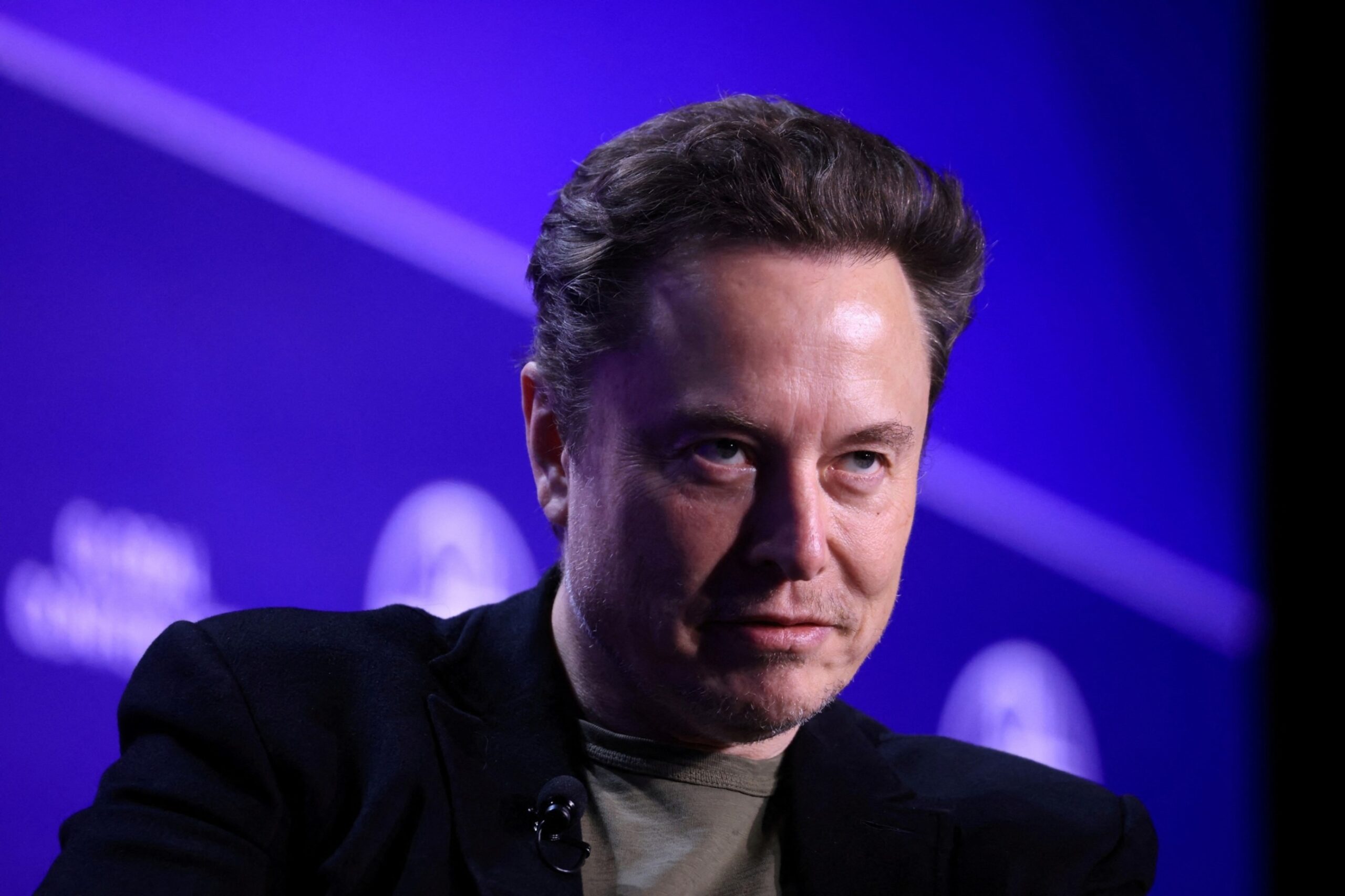In a stunning twist that has left both the tech and entertainment industries reeling, Elon Musk, the unpredictable CEO of X (formerly known as Twitter), has made headlines once again. This time, he has officially banned DreamWorks Animation from his platform, citing the studio’s support for LGBTQ+ Pride as “extremely woke.” This controversial decision has ignited a firestorm of debate across social media, reigniting the already heated culture wars that have come to define public discourse in recent years.

Influencer marketing courses
Musk, known for his eccentric decisions and bold statements, seems to have taken this latest move a step further than his usual antics. The announcement came via a tweet—or rather, an X-post—on his own platform, where he declared that DreamWorks Animation’s recent Pride Month promotions were “dangerously woke.” “DreamWorks Animation has crossed the line,” Musk proclaimed. “Their pandering to extreme woke culture is exactly what we need to fight against. Promoting Pride at the expense of reason? It’s just too much. Effective immediately, DreamWorks Animation is banned from X, permanently.”
For many, this latest outburst from Musk was yet another predictable episode in a long line of eye-catching headlines. However, others raised critical questions about the immense power one individual wields over a platform that serves as a digital public square. Is it appropriate for a single figure to determine who can participate in such a massive social forum?
DreamWorks Animation, beloved for its hit franchises like Shrek, Madagascar, and How to Train Your Dragon, has always championed inclusive values. The studio’s colorful animations showcasing characters from their films waving rainbow flags during Pride Month were celebrated by many in the LGBTQ+ community. Their recent short featuring Kung Fu Panda’s Po and characters from Trolls dancing under a rainbow was a testament to their commitment to diversity.
Yet, what many viewed as a simple celebration of inclusion quickly became a flashpoint for Musk’s ire. Supporters of Musk echoed his sentiments, branding DreamWorks as purveyors of “woke propaganda” and alienating traditional audiences. “Is there no escape from the rainbow?” lamented one disgruntled user, as calls for boycotts of the studio began to emerge. Although DreamWorks Animation has navigated political and social backlash before, being cut off from X—an essential platform for reaching millions of fans—was likely unexpected.
The DreamWorks ban marks yet another chapter in Musk’s ongoing crusade against what he perceives as the rise of “wokeness” in media and society. Since acquiring X in 2022, he has made it clear that he intends to steer the platform according to his vision of free speech and “reasoned dialogue.” This self-appointed role of digital sheriff involves restoring controversial figures to the platform and challenging mainstream media narratives.
In banning DreamWorks Animation, Musk seems to have escalated his battle against perceived cultural and social overreach. “Look, I’m all for free speech,” Musk stated in his X post, doubling down on his position. “But when big corporations start using their influence to brainwash kids with woke nonsense, that’s when I say, enough.”
Critics, however, were quick to point out the hypocrisy in Musk’s actions, accusing him of stifling free speech while simultaneously claiming to defend it. The hashtag #WokeWarfare began trending, igniting debates about corporate influence on social issues and Musk’s aggressive approach toward those with whom he disagrees.

The impact of the DreamWorks ban has left the studio’s marketing team scrambling for alternatives. Much of their promotional strategy for upcoming releases relied on X to connect with younger audiences, who often engage with trailers, artwork, and contests on the platform. Now, with the permanent suspension in place, DreamWorks must pivot quickly to other social media platforms like Instagram and TikTok, where they are reportedly preparing for a surge in engagement.
Meanwhile, fans of DreamWorks have expressed outrage at Musk’s decision, with some pledging to delete their X accounts in solidarity with the studio. “I’ll miss Shrek memes on my timeline, but I’ll miss X even more if this is the direction it’s headed in,” lamented one user.
Despite the backlash, Musk has garnered some supporters among vocal critics of “woke culture.” Many praised him for taking a stand against what they perceive as excessive corporate activism. “Finally, someone with guts is standing up to these big corporations,” one user commented, displaying a Pepe the Frog avatar. “Musk knows what we need, and it’s NOT more rainbow flags in kids’ movies.”
This incident underscores the significant power Musk holds—not just in the realms of technology and business, but in shaping cultural discourse. With a few keystrokes, he can determine who gets a voice in public conversation and which businesses reach their audiences, amplifying or muting social values on X.
Critics worry this latest move sets a dangerous precedent. Will other companies face similar repercussions for promoting progressive ideals? And what about the implications for free expression when the most significant platform for public discourse is governed by one man’s whims?
“It’s a slippery slope,” cautioned one media analyst. “If DreamWorks Animation can be banned for supporting Pride, what’s to stop other companies from being silenced for their beliefs? This could turn into a game of ideological gatekeeping.”
As it stands, DreamWorks Animation remains cut off from X, a casualty of Musk’s expanding culture war. Whether this ban will have lasting repercussions for the studio’s bottom line is uncertain, but the message is clear: Elon Musk’s X is not a space for “wokeness,” rainbows, or animated pandas celebrating Pride.
For Musk, it seems unlikely he will reverse his decision. “I’m just calling it like I see it,” he concluded in his post. “We need more realism and less pandering. If DreamWorks Animation wants back on X, they’ll need to drop the wokeness and stick to making movies—not ideologies.”
Ultimately, Musk’s vision for X is increasingly apparent: a platform where only his brand of free speech reigns supreme, leaving anyone or anything deemed “woke” behind—animated pandas and all.